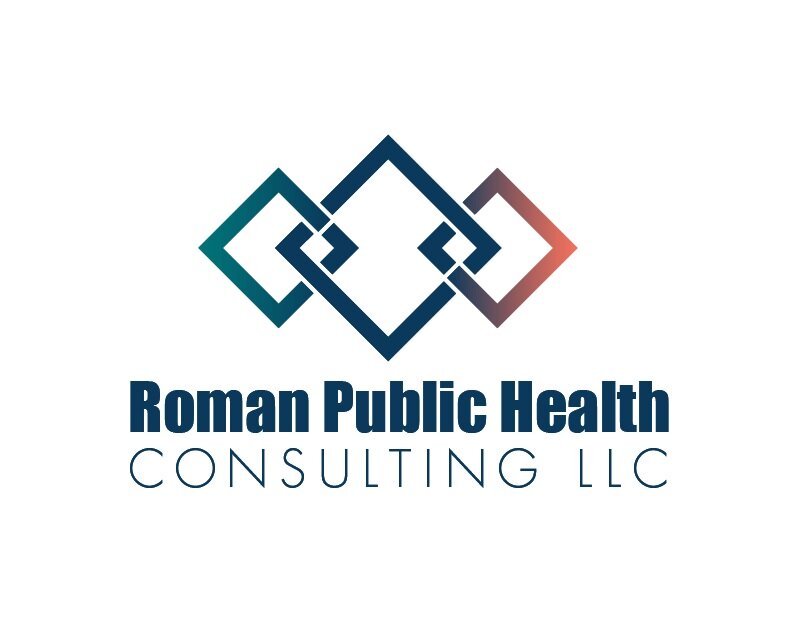Hot Off The Press: Emerging Priorities in Public Health Education and Training 2025
I’m happy to share my next installment of “Hot Off The Press”, a blog feature where I share emerging research, publications, and standards that are relevant to making effective and accessible public health courses.
This month, I am highlighting a new article from the journal Pedagogy in Health Promotion called “Is Public Health Education and Training Adequately Responding (or Not) to Emerging Priorities?” (Kemper Seeley, Robinson, Severinsen, and Coombe, 2024).
It summarizes work by the World Federation of Public Health Associations’ Professional Education Training (WFPHA PET) working group.
This article quickly caught my eye for several reasons:
Given my consulting projects at the intersection of public health and instructional design, workforce development is a key focus of my work.
Since many of my projects involve continuing education courses and training, I regularly monitor surveys, publications, and other resources that highlight emerging training needs and competency areas.
The article highlights two emerging areas (political engagement and emergency and disaster health) that are priorities in my mind this week as the United States navigates passing the big beautiful bill and the horrible flooding event in Texas.
Here are some of my key takeaways and reflections:
The authors identify five emerging areas crucial in preparing public health practitioners for the evolving field:
OneHealth (ecosystem health is integral to the health of all plants and creatures)
Systems Thinking
Public Health Ethics
Political Engagement
Emergency and Disaster Health
Some of these topics (specifically, systems thinking and public health ethics) were widely discussed throughout my own public health training and professional development experiences over the past 20 years. However, others (e.g., political engagement) were more targeted towards particular groups of students or professionals who self-selected into trainings on those topics. I like that this article highlights the broad importance of these topics across our workforce.
Political strategy and engagement have never been more important:
The authors write,
“In today’s world, understanding political realities is critical, and we need to train ‘public health practitioners who understand political thinking’.”
Whew! In the past six months, the public health field has been shaken to the core in everything we know about our funding streams, data systems, partners, and more. We need to train professionals who know how to respond in this moment.
We need to be innovative and creative in how we integrate these new materials into education and training programs:
The authors discuss the benefits of moving from an only traditional classroom and core competency focus to consider short courses, micro-credentialing, and offering students the flexibility to choose and apply learning content to the most relevant and time-sensitive challenges they have.
The way our public health students and workforce learn is changing. We are on the move, we need to get up to speed and shift priorities quickly, and we need to understand this process to design accessible and effective learning experiences.
This proposed shift aligns closely with best practices for adult learning, so I look forward to working with clients on innovative training approaches.
I’d love to hear from you!
Please share your thoughts on the article, my takeaways, and how you might apply the findings into your own classroom or online course design.
Please share any new “Hot Off The Press” articles that you’re reading and why they’re important to your work.

